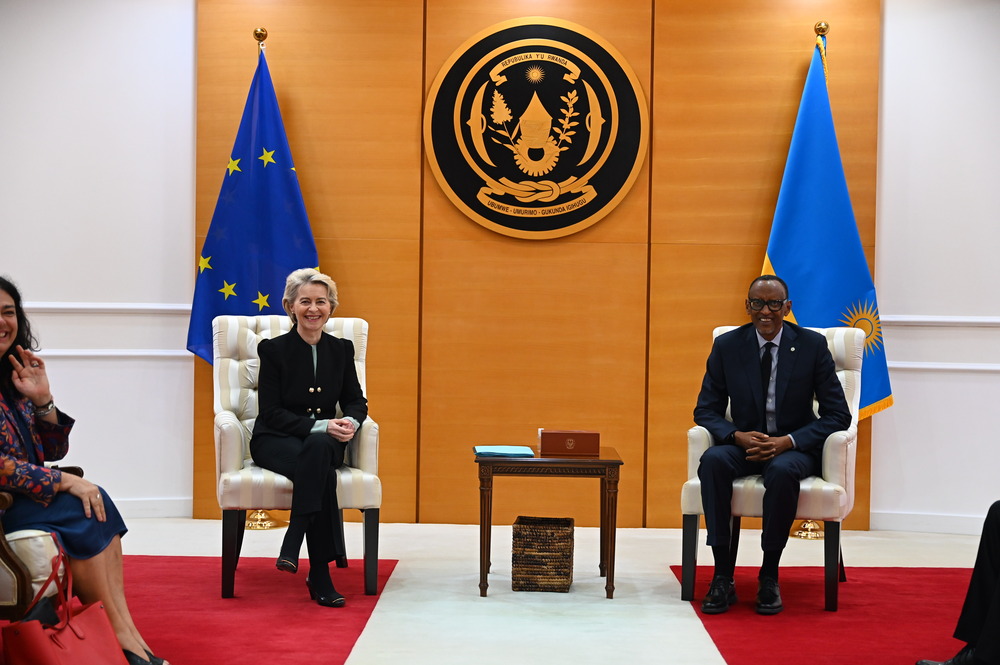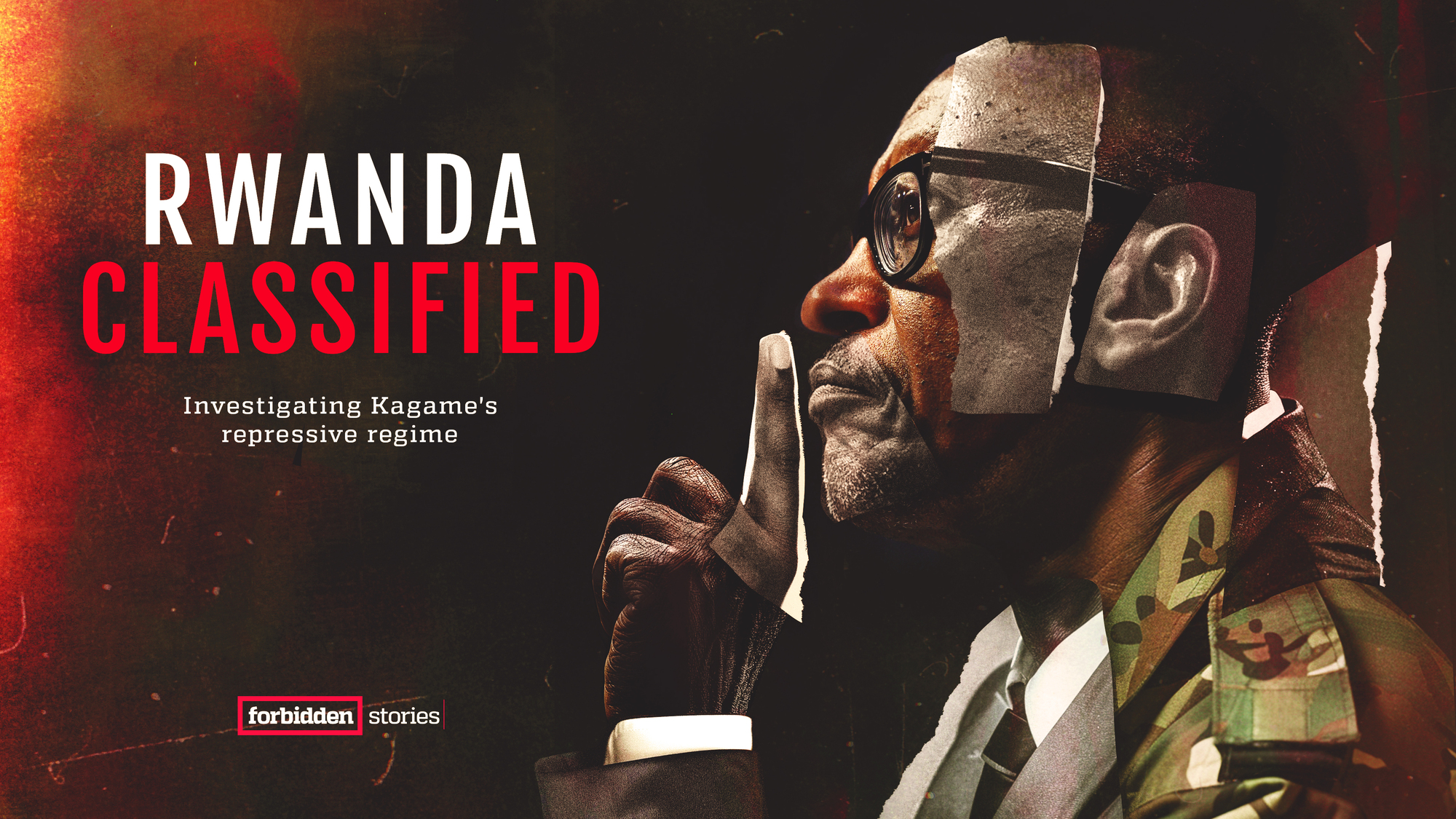Rwanda has been widely likened to a police state, still the West continues to support it
Based on current and previous revelations, one might think that the European Union, the United Kingdom, and the West in general would regard Rwanda under Paul Kagame’s regime as akin to North Korea: a place to be rather concerned about.
Not so. The EU recently closed a mineral tracking deal with the central African police state, meant to stem the flow of conflict minerals, and ensure peaceful and well-governed mining. For this tracking, the EU will rely on a country that – according to accounts from many experts, observers, and researchers – wages war on the territory of its neighbour the Democratic Republic of Congo (DRC) for the single purpose of access to that country’s mineral wealth. If ever there were conflict minerals anywhere, these would be it.
The EU also recently issued two sizable tenders for promoting Rwanda as a tourist destination. The country has been likened by virtually all who have visited to a police state; a place full of people fearful of putting a foot or a word wrong; a place where one cannot even find a person who will publicly say they are poor and hungry, lest they be poor, hungry and imprisoned. But the Dutch airline KLM has a page-sized advert for Rwanda in its May issue. Mountains! Gorillas!
Refugees
The United Kingdom, for its part, keeps insisting that Rwanda is safe for refugees, even if there are Rwandans amid the refugees presently there. Not put off at all, proposals to send migrants to Rwanda have also been made by certain politicians in Germany, and the Dutch governing BBB party now proposes to explore such an option, too.
Meanwhile, development aid and investment from Western countries still fill Paul Kagame’s state coffers, used in large part to fund state enterprises that serve as wealth vehicles for the elite. Increasingly, these “party-statals” have been securing resources and lucrative contracts in other African countries, where Rwanda’s well-trained army is part of UN peacekeeping forces. In Mozambique, attacks on exiled dissidents followed Rwanda’s “peacekeeping” arrival.
Yet, Western diplomats speaking off the record to RWANDA CLASSIFIED have said that Europe and the West simply cannot do without Rwanda as a partner in Africa. It’s not that they don’tsee behind the shiny façade of Kigali’s skyscrapers; in our interviews, they accepted the facts of the police state, the surveillance, the continued poverty of the majority, the fear. But, they insisted, if we don’t work with Rwanda, Putin will move in – meaning, probably, that access to all the nice countries with the nice minerals will then be closed to “us.”
It may seem a logical, albeit somewhat ruthless, stance. But the question to be asked here should be: if “we” work with and feed a monster to keep another monster at bay, what does that make us? Are monsters okay as long as they are ours?
Politicians and diplomats who say such things may see themselves as nuanced and pragmatic, but they nevertheless betray the human rights and values Europe says it stands for. By feeding a monster, making it more powerful with every tender, investment and peacekeeping mission, they also actively stop any chances democratic forces in Rwanda – and in the rest of Africa – may have to achieve change. Not one of those Western high-ranking representatives interviewed seemed to have considered the possibility of an alliance with human rights activists, journalists, or academics who genuinely try to map out ways for African development in freedom.

The Rwandan “model”
Frighteningly, some of those interviewed appeared to see Rwanda as a “model” for other African countries. In their minds, Rwanda was admirable: clean streets, efficiency, projects and contracts implemented just the way Western partners want. What’s not to like?
That the natives are, meanwhile, kept quiet, is a small price to pay, they seemed to say. Or maybe they consider it to be simply another benefit. After all, we want the same relief from our refugees, too.
Evelyn Groenink is ZAM's investigations editor. She coordinated the #RwandaClassified project for ZAM.
See also RWANDA CLASSIFIED | Investigating Kagame’s repressive regime
See also Fearing Rwanda in Uganda


